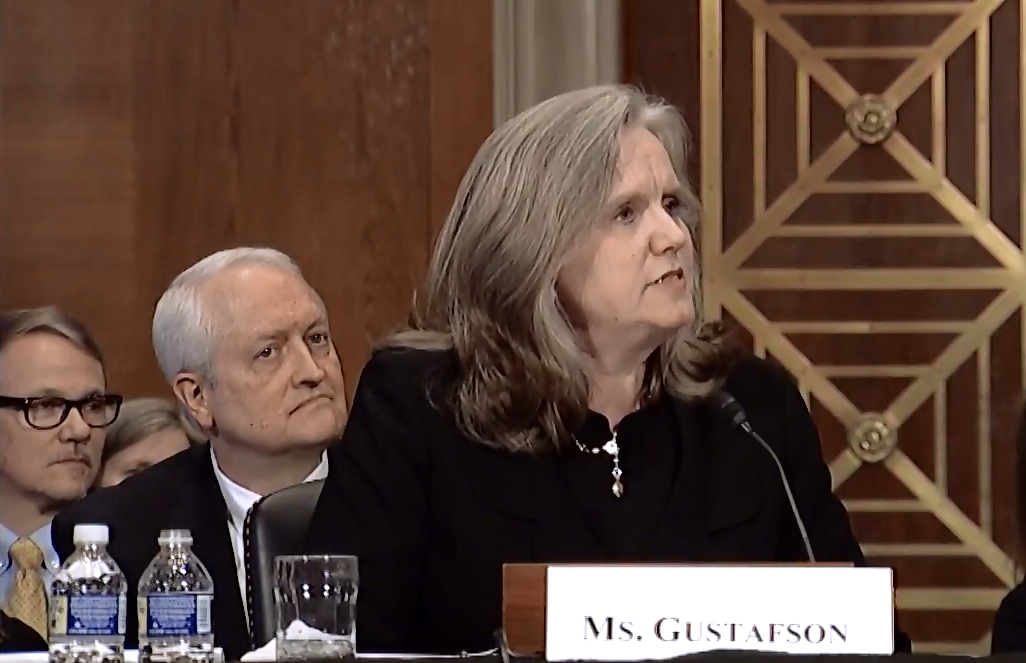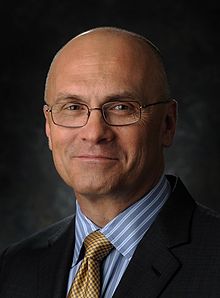Abortion rights, women of color, and LGBTQIA+ people are under attack. Pledge to join us in fighting for gender justice.
Climate Change Is a Threat to Women’s Jobs
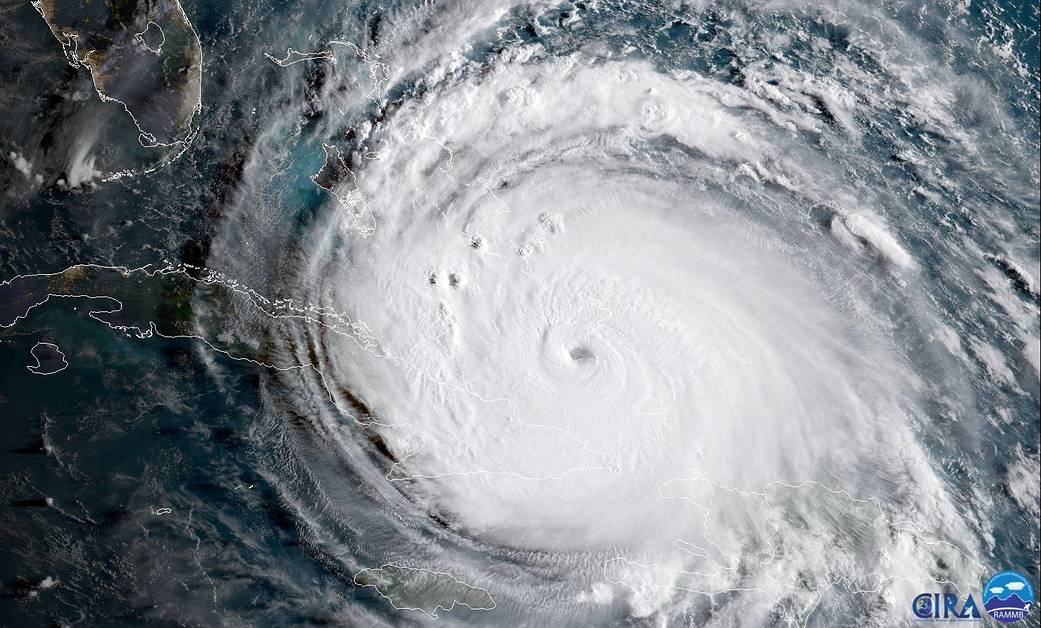
Shortly after the Bureau of Labor Statistics (BLS) released unemployment data for September, President Trump posted a celebratory tweet about the drop in the unemployment rate from 4.4 to 4.2 percent, the lowest it’s been since February 2001. And while the rate is down, a closer look at the data tells another story—one of our changing climate and its effects on women’s jobs.
In late August, Hurricanes Harvey and Irma wreaked havoc on Texas, the Southeastern United States, Puerto Rico, the U.S. Virgin Islands, and other parts of the Caribbean. One result of those natural disasters was the loss of approximately 33,000 jobs, which marks the first month of job loss in seven years. We dove deeper in the data to make sense of this loss, uncovering that of these 33,000 jobs, women lost 41,000 while men gained 8,000. BLS suggests that some of these losses are due to the storms.
Two industries that saw the greatest losses in September were retail and hospitality, both of which employ millions of female workers. People are likely not doing as much shopping or traveling in the impacted areas in the immediate wake of devastation; moreover, there are additional short- and long-term implications for women workers that are worth closer examination.
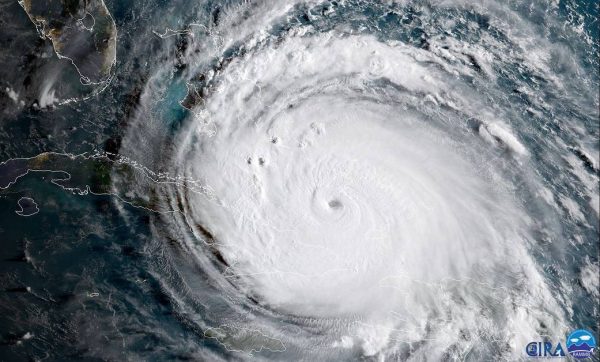
A recent New York Times article outlines some links between job loss and the recent hurricanes, citing “hurricane effects”—for example, companies temporarily putting their hiring on hold. Furthermore, some employees may have lost jobs because of an inability to safely leave their homes, travel to work on damaged infrastructure, or take their children to childcare if those facilities are also closed. Some employees are even faced with the threat of being fired if they choose to evacuate. On top of that, there are concerns that once displaced people permanently leave the area their jobs will leave with them, thereby reshaping local economies and affecting employment—something we saw in the aftermath of Hurricane Katrina.
BLS jobs data does not include Puerto Rico but what we do know is grim, especially in light of recent threats that President Trump might abandon recovery efforts on the island altogether. While some Puerto Ricans are still waiting for water, power, medical care, and other economic resources to reach them on the island, others (a majority of whom are of working age) are fleeing to the mainland, which only worsens the economic effects for those who remain. For those women who stay, many jobs responding to natural disasters, sometimes referred to as “shovel-jobs,” go to men, thereby leaving women less likely to be employed in these paid recovery efforts.
While some politicians insist that talking about climate change on the heels of these devastating storms is “insensitive,” policymakers need to think long and hard about the real and gendered effects of a changing planet—and so do scientists.
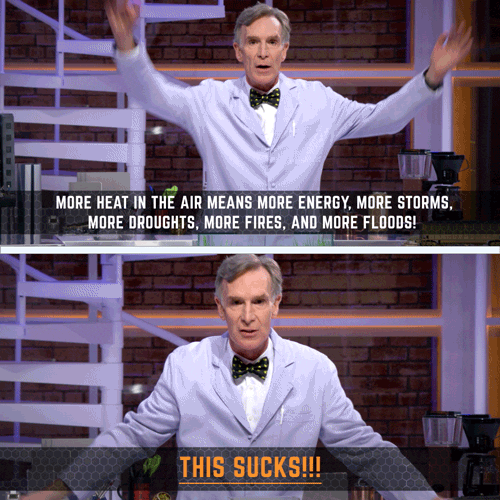
Despite the increasing politicization of climate change (fueled by our own climate change Denier-In-Chief), the removal of climate change from the E.P.A’s website, and other protestations that human activity—like carbon dioxide emissions and power plants—is permanently reshaping our planet, there are real effects on women. For example, studies show that people living below the poverty line will likely bear the brunt of climate change, which matters for the more than 16 million women in the United States who live in poverty.
Climate change is not only a feminist issue but a life or death issue for women, who are more likely than men to suffer during national disasters. Women’s caretaking responsibilities can render them especially vulnerable, as they endanger themselves seeking to help family members, and elderly single women (some who have outlived their male spouses) are also particularly vulnerable. When natural disasters destroy shelters and other safe spaces, women are susceptible to domestic violence as they struggle to rebuild their lives. Lack of access to water, food, and power also make women’s care work more difficult.
The connections between gender and climate change are growing clearer in the wake of these devastating storms. As the force of hurricanes and other natural disasters intensify, women’s poverty, employment, and reproductive justice are on the line.



